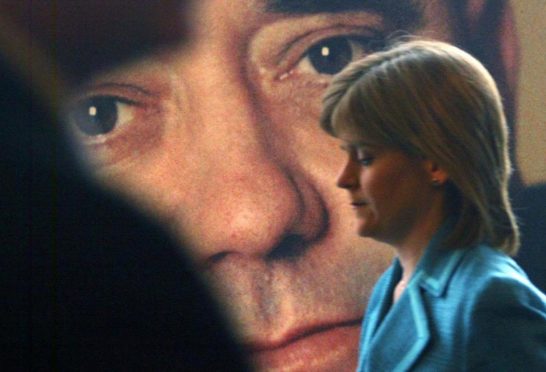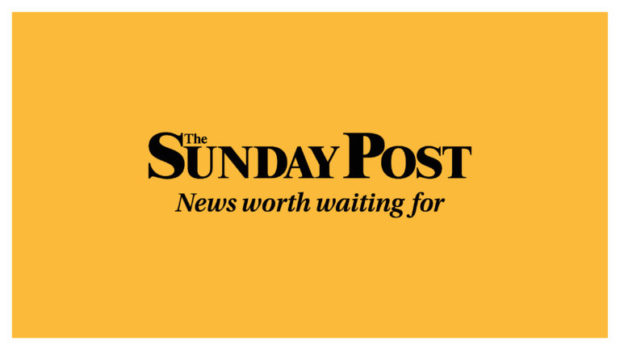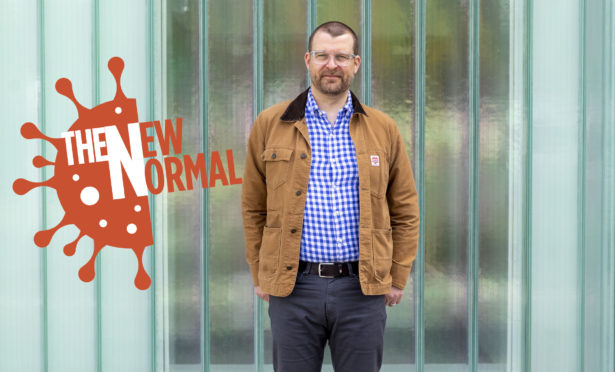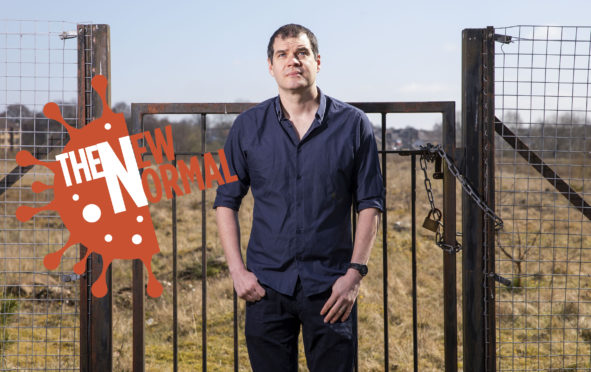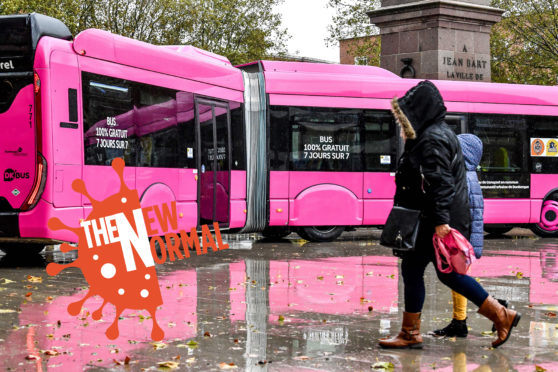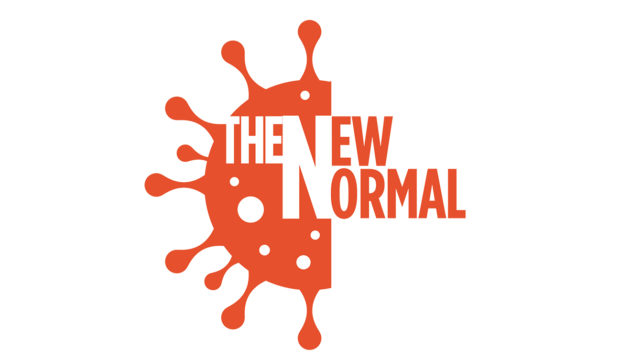
Over recent weeks, The Sunday Post has given space to a range of thinkers on how to create a “new normal” once Scotland recovers from the pandemic.
Whether it is improving our schools or sorting out our justice system, the ideas we have read about speak to a widespread thirst for a better nation to emerge from the wreckage of the last year.
We all hope something good will come from this strange, prolonged hiatus in our way of life. It’s not often a country gets the chance to start again. Most of us intuitively want to make sure, as the saying goes, that the crisis doesn’t go to waste. But is devolution in Scotland ready?
In our parliament, the Alex Salmond affair suggests neither our government nor our parliament is capable of very much at all. Whether it was conspiracy or cock-up which led us here, the spectacle of incompetent government and democracy which the scandal has exposed is hardly a source for optimism.
The thought continues: If this is how our democratic institutions deal with the handling of harassment complaints, how can they be trusted to open our education system to the potential for reform; to put health at the top of our national list of priorities; and to make Scotland a world leader in the green revolution now taking place before our eyes?
We can only hope that, just as the shock of the pandemic impels us to change, so this national embarrassment shames us to do so.
It should open our eyes to the long-standing failings of our political culture which predates the pandemic. It’s a culture which likes to spend most of time thinking about what we might do, or could do in an imagined, perfect future, teaching us to feel helpless in the present. It’s a culture still stuck in the tribal trenches left by the independence referendum of 2014 where we’re happier lobbing rocks at one another’s identities, rather than examining the ideas we share in common. This hasn’t helped a single child to escape poverty, or supported a single student to get a decent education, or enabled a single family to buy a home and find security and happiness.
As we emerge from the pandemic – and with the trauma of Brexit at least shading into the background – our attention is diverted by the claims and counter-claims of the Salmond affair but the far, far bigger scandal will be if this moment, this opportunity to seize change, is lost.
The campaign I help to run – ScotlandCan – is determined to join with The Post and others in setting out that radical agenda for action. This week, for example, we are setting out fresh thinking on how to transform our North Sea oil and gas sector into a “Green Sea” of opportunity. Scotland and the UK are already falling behind other countries in the race to develop new technologies that can replace fossil fuels. We have the expertise and the resources here, now. We must not waste them. We cannot afford to gaze out our navels anymore.
The pandemic has made change inevitable. We know Scotland can respond if it wishes. Is Scotland’s democracy capable of meeting that challenge? If so, it is time to show it.

Enjoy the convenience of having The Sunday Post delivered as a digital ePaper straight to your smartphone, tablet or computer.
Subscribe for only £5.49 a month and enjoy all the benefits of the printed paper as a digital replica.
Subscribe